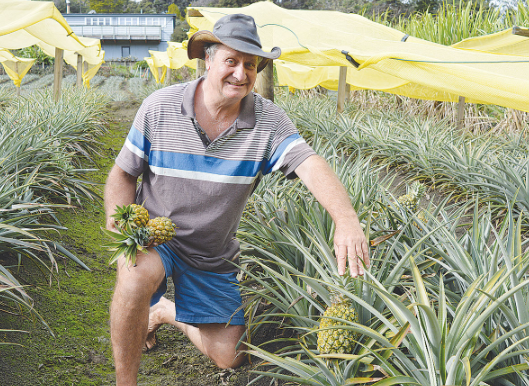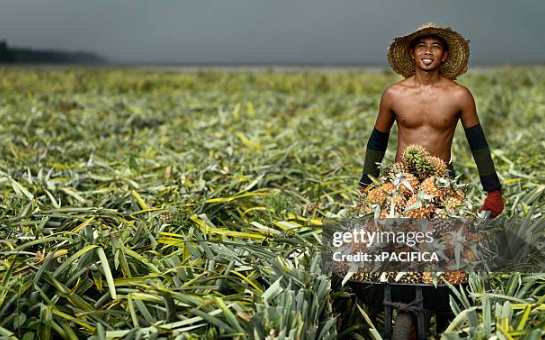Pineapple Farming – Pineapple Harvesting & Pineapple Drinks Making  | Agriculture Technology
| Agriculture Technology
Our videos are edited and produced in the United States. We will follow your request as soon as we receive your message. Copyright disclaimer section 107 of the Copyright Act 1976. “fair use” is allowed for purposes such as criticism, comment, news reporting, teaching, scholarships, and research. We are not affiliated with the businesses whose products are shown in this documentary.

“Pineapple Farming – Pineapple Harvesting & Pineapple Drinks Making” is a documentary that provides an in-depth look at the multifaceted world of pineapple farming, from cultivation and harvesting to the production of pineapple-based drinks. The film explores not only the agricultural techniques involved in pineapple farming but also the economic and financial aspects that make it a viable business. A key focus of the documentary is the spending budget of pineapple farmers and how they manage their resources in a highly competitive and climate-sensitive industry.
The budget plays a crucial role in pineapple farming, particularly in tropical regions where pineapples are grown. In many countries, farmers rely on a combination of personal capital, loans, and government subsidies to cover the costs of land preparation, planting, irrigation, pest control, and labor. The documentary highlights how farmers often allocate their budgets for the initial setup, which includes purchasing land, buying high-quality seedlings, and setting up the infrastructure needed for efficient irrigation and fertilization systems. As pineapples are a labor-intensive crop, much of the budget also goes toward hiring workers for tasks like weeding, pruning, and harvesting, which can span over several months due to the growing cycle.
Additionally, farmers must set aside funds for post-harvest activities, which include sorting, packaging, and shipping the pineapples to local markets or processing plants. The documentary also explores how farmers invest in sustainable practices, such as using organic fertilizers or adopting new technologies like automated harvesting systems and improved irrigation techniques to conserve water. These innovations, though costly, can help farmers increase yields and reduce long-term expenses, especially in regions where water scarcity is a growing concern.
The release date of the documentary is particularly relevant, as it coincides with a period of increasing demand for fresh fruit and beverages, as well as heightened interest in sustainable farming practices. In recent years, the global pineapple market has seen growth due to the rising popularity of pineapple-based drinks and juices, both in the form of fresh products and processed beverages. This demand has given pineapple farmers a much-needed economic boost, but the documentary underscores that this success often comes with its own challenges, such as the volatility of global fruit prices, competition from larger agribusinesses, and the need to meet ever-growing consumer expectations for quality and sustainability.
The documentary also highlights the success stories of farmers who have managed to thrive in the pineapple industry, not only by mastering the art of farming but also by branching into the production of pineapple-based drinks. Many small and medium-scale farmers have found success by adding value to their harvests through processing pineapples into juices, canned products, and even premium products like dried pineapple snacks. By diversifying their offerings, these farmers are able to mitigate risks related to fluctuating fruit prices and expand their customer base.
However, the documentary also touches on the issue of farm availability. As larger companies dominate the market, smaller, independent farmers are often pushed out of prime agricultural land, making it harder for new farmers to enter the pineapple business. The increasing consolidation of land among big agribusinesses has led to a reduction in the availability of affordable farmland, particularly in key growing regions. For many smallholders, purchasing or leasing land has become prohibitively expensive, leading to concerns over the long-term sustainability of small-scale pineapple farming.
In conclusion, “Pineapple Farming – Pineapple Harvesting & Pineapple Drinks Making” not only illustrates the fascinating journey of pineapples from farm to consumer but also offers a detailed analysis of the financial strategies farmers use to thrive in a highly competitive industry. The documentary emphasizes the importance of effective budgeting, diversification, and sustainability in helping pineapple farmers succeed in a world of fluctuating market conditions and growing consumer demand. It also raises important questions about land access and the future of small-scale agriculture, urging a reevaluation of policies that support new farmers and sustainable farming practices.





